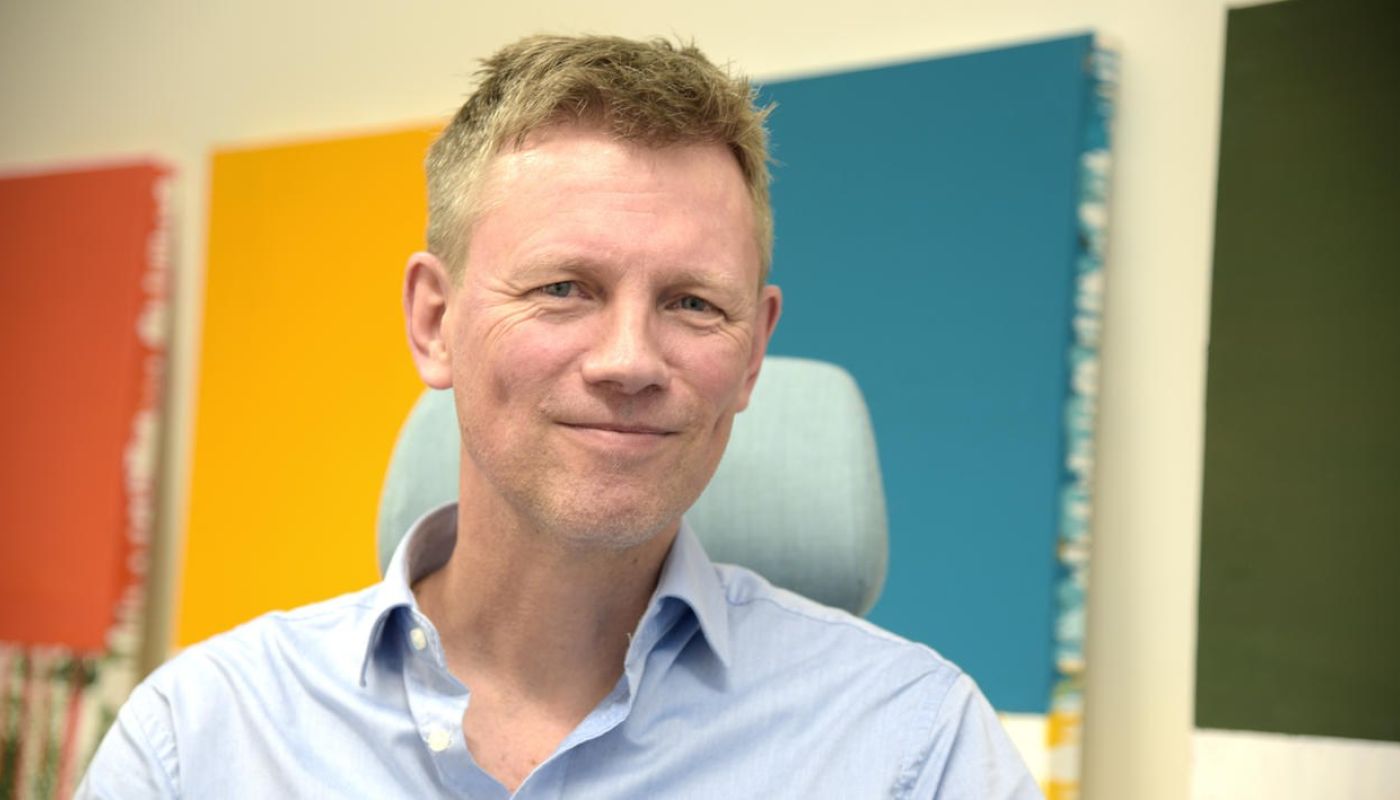The research group, Global Health Priorities, has become the research centre BCEPS, with support from Bergen Research Foundation, Norad, UiB and Bill & Melinda Gates Foundation.
“Bergen Centre for Ethics and Priority Setting (BCEPS) will allow us to expand our activities in the field of health priorities to Malawi and Zanzibar,” says Professor Ole Frithjof Norheim, current leader of the research group Global Health Priorities, Department of Global Public Health and Primary Care, University of Bergen (UiB).
Professor Norheim will lead the new research centre BCEPS with 121 million NOK from Bergen Research Foundation, The Norwegian Agency for Development Cooperation (Norad), Bill & Melinda Gates Foundation and UiB.
Capacity building for better health priorities
For many years, Norheim and his research group Global Health Priorities, have contributed to local capacity building in health priorities and medical ethics for the national health service in Ethiopia, with support from the Bill & Melinda Gates Foundation.
“The Bergen group is unique because it combines advanced research in ethics and economics with local capacity building for better impact on the ground”, says Damian Walker, Deputy Director of Data and Analytics at the Bill & Melinda Gates Foundation.
One of the BCEPS goals is to continue with local capacity building, by training both researchers and health administrators to make better and fairer decisions, within tight budgets. In addition, the centre will help revise the public health package being offered in the different countries.
A common theme for BCEPS is to improve health, reduce inequality in terms of access to health services, and to protect the poorest from catastrophic health expenses.
“Our research may help governments to achieve more of the UN´s Sustainable Development Goals (SDGs). For instance, the goal to ensure healthy lives and promote well-being for all at all ages, is dependent on a country’s ability to offer universal health services. This work will also contribute to helping bring more people out of poverty,” Norheim explains.
Expanding with Malawi and Zanzibar
To expand their activities, the research group chose Malawi and Zanzibar. They are both countries they have previous collaborations and experience with already. While Zanzibar wishes to increase their efforts at addressing chronic diseases such as mental illnesses, cancer and cardiovascular diseases, Malawi struggles with high mortality from traffic accidents. They need better systems to help prioritize surgery and preventive actions.
“These countries are amongst the poorest in the world. We think the potential for improvement is large. We are also witnessing the development of a clear political will to reform the health system, which is important to fulfil their commitment to the SDGs,” Norheim says. He underlines that BCEPS is not only a health project, but also an important tool for fighting poverty and increasing development in these countries. By establishing good priorities in the field of health, countries will derive benefits in many other areas.
“If the health coverage is good, families can then prioritise their economy in a different way, which will have positive consequences on other development goals”, Ole Frithjof Norheim explains.

